This year’s MLB All-Star festivities are giving Hank Aaron the kind of recognition he always deserved. During the Home Run Derby, National League players will wear number 44, Aaron’s iconic number, while the American League will wear number 3 in honor of Babe Ruth. The tribute isn’t just symbolic—it’s poetic. The Derby falls on July 14, the number of Ruth’s career home runs (714). The All-Star Game is on July 15—the number Aaron reached to surpass him. The symmetry is beautiful.
Players will also wear special Gatorade workout shirts with those numbers, and fans visiting Truist Park in Atlanta will see Aaron’s 715th home run ball and bat on display in the Monument Garden.
All of this is good. But let’s be honest—it’s easy to celebrate the man now. The real question is: where was that love when he was actually doing the thing we now praise him for?
The Backstory They’ll Likely Leave Out
April 4, 1974—six years to the day after Martin Luther King Jr. was assassinated—Aaron was asked how the Cincinnati Reds could honor him, anticipating he would tie Ruth’s home run record in Cincinnati. He asked for a moment of silence for King. The team refused.
That silence wasn’t just about a lack of courtesy. It revealed something deeper and uglier: for millions of Americans at the time, Aaron was not a hero, nor was Dr. King. They were a threat. To much of White America, even in Northern cities like Cincinnati, Aaron’s pursuit of Ruth’s record wasn’t an inspiring achievement; it was a hostile takeover.
Aaron had been receiving hate mail for over a year: vile, threatening, and unrelenting. Things like:
Dear Nigger,
Everybody loved Babe Ruth. You will be the most hated man in this country if you break his career home run record.
Go back to the jungle.
I hope you join brother Dr. Martin Luther King in that Heaven he spoke of.
He was playing under daily death threats. The FBI told him which days were most credible, but no one could be sure. Teammates were advised not to stand too close to him in the dugout. He smiled. He signed autographs. And he kept hitting.
And if you’re wondering whether this was just a matter of a few fringe extremists, consider that when Aaron hit home run number 711—at home, in Atlanta—only 1,362 people showed up. The city where Martin Luther King Jr. is buried couldn’t even fill a minor league stadium to watch a man on the cusp of breaking one of baseball’s most sacred records. And consider this: when the Braves moved to Atlanta just eight years earlier, Lester Maddox had been elected governor of Georgia, fresh off a publicity stunt in which he used an ax handle to chase Black patrons from his restaurant in defiance of the Civil Rights Act. Georgia governors were limited to one term, but Maddox was elected lieutenant governor afterward, and he still held that office when Aaron finally surpassed Ruth.
He Played It Straight, And They Still Hated Him
Aaron wasn’t loud or flashy. He was soft-spoken, private, even shy. But he was a rich Black man in the Deep South. He was born poor in Mobile, Alabama. He started in the Negro Leagues. He experienced Jim Crow firsthand, from segregated buses to being called “Stepin Fetchit” in the Milwaukee press. Still, he kept his head down and did what he was there to do: hit. And he hit better than almost anyone ever had.
By the time he retired, he had 755 home runs. He had also driven in more runs, collected more total bases, and played more consistently than nearly any player in baseball history.
But that didn’t stop people from questioning whether he deserved it. The balls were “too lively.” The fences were “too short.” He played “too many games.” The math didn’t matter. The truth didn’t matter. What mattered was that he had taken something many white fans thought belonged to them. And in an era of affirmative action and economic anxiety, Aaron became a target, not just for what he accomplished, but for who he was. He must have been given some unfair advantages. For many, there was no other way to see it.
The Streaker Got Two Standing Ovations
On the day he tied Ruth’s record, April 4, 1974, Aaron hit #714 in Cincinnati. He was immediately benched—an ordinary baseball decision, spun as scandalous by the media—so he could break the record in Atlanta. Some fans accused him of padding ticket sales. Others said the Braves were trying to script the record. That night, as the crowd awaited history, a man stripped naked and ran across the upper deck. He got two standing ovations. He signed autographs while being arrested. That was the hero the crowd cheered.
Now We Cheer Hank Aaron. But Do We Mean It?
Today, MLB honors Hank Aaron. And rightly so. But the fanfare only rings true if we’re willing to remember the parts we usually leave out—the hate mail, the silence in the stands, the casual racism disguised as “concern for the integrity of the game.” From Muhammad Ali to Colin Kaepernick, the backlash against Black athletes—and Black America more broadly—still hits harder and lasts longer than most White figures will ever face.
Aaron was vilified when he was at his most courageous—just as Jackie Robinson, Martin Luther King Jr., and so many others were. Only later did the country decide to celebrate him—but in a version scrubbed clean of discomfort. Now he’s a legend. But what did it cost to become one?
That’s the part of the story that matters most. That’s the part we have to teach, to tell, to sit with. Because the same dynamics still shape our world today—and they will continue to, as long as White America keeps insisting the ugliness is behind us—rather than admitting how deeply it still lives within us.

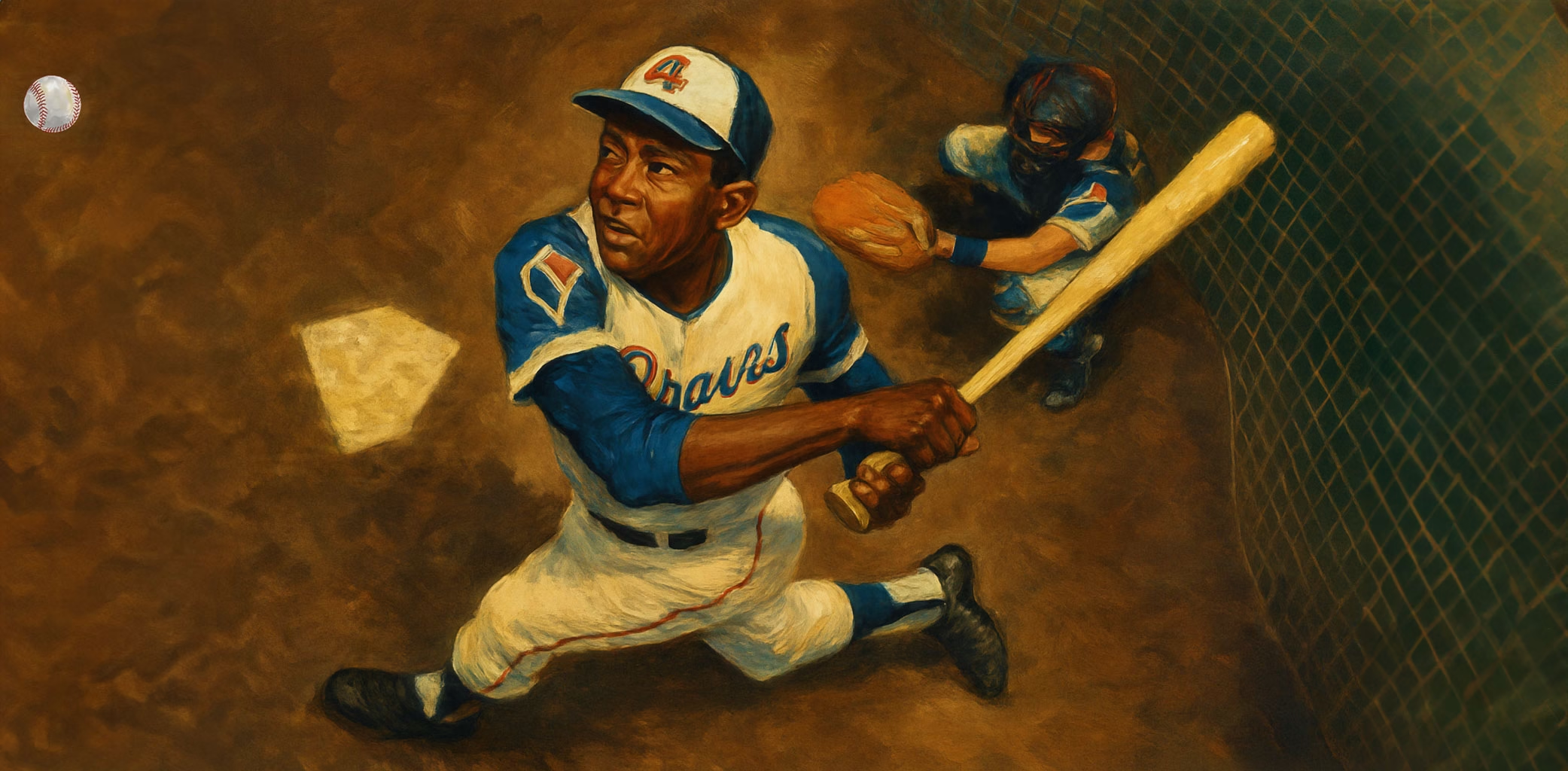



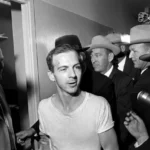
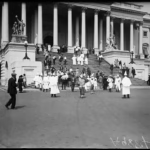
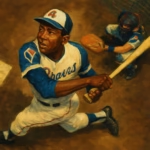

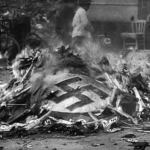
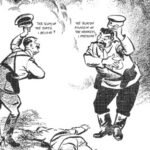


Leave a Reply